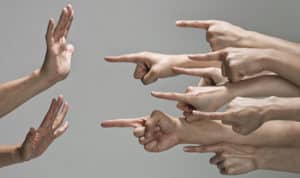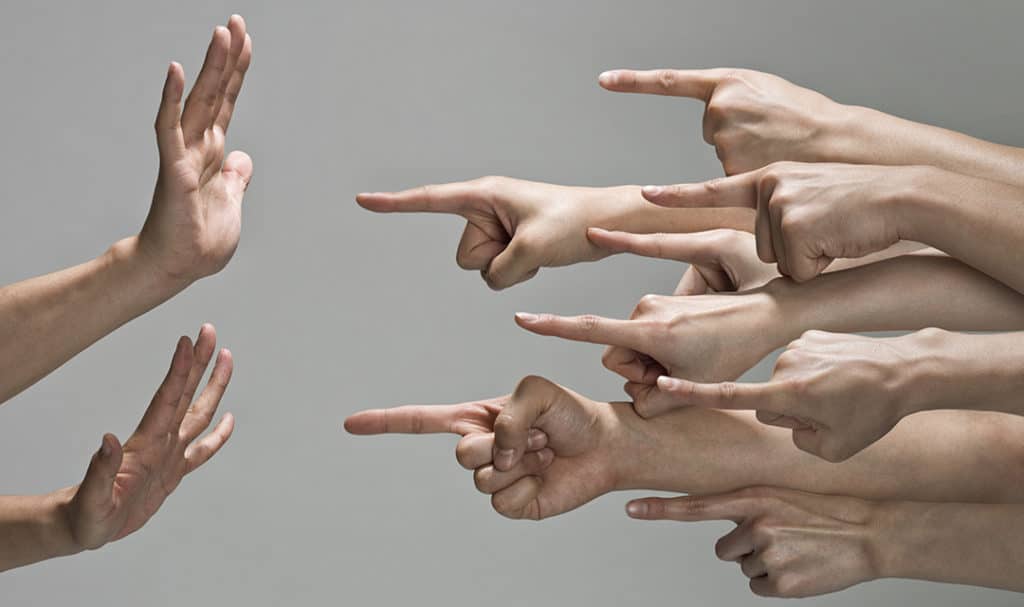 Years ago, when planning a dinner date (and being the gentleman I sometimes am), I asked my date where she wanted to go. She picked a restaurant that she had not been to before, but since I had, I asked her why she picked that place: was it the ambiance, the type of cuisine, or had she heard good things about it? Her response surprised me. She said that she always saw nice cars parked in front, so it must be good. To be clear, she didn’t select the restaurant because she thought it was expensive; her judgment was solely based on the cars parked outside. She made a judgement based on what she saw. So we went, and the restaurant was not that good.
Years ago, when planning a dinner date (and being the gentleman I sometimes am), I asked my date where she wanted to go. She picked a restaurant that she had not been to before, but since I had, I asked her why she picked that place: was it the ambiance, the type of cuisine, or had she heard good things about it? Her response surprised me. She said that she always saw nice cars parked in front, so it must be good. To be clear, she didn’t select the restaurant because she thought it was expensive; her judgment was solely based on the cars parked outside. She made a judgement based on what she saw. So we went, and the restaurant was not that good.
More recently, I was riding with a friend when someone cut him off. He violently slammed on the horn, used sign language, and yelled a few colorful words. When I looked at him and shook my head, he responded with a dirty look followed by “WHAT?!”. I commented that he had just cut someone else off a few miles back, in exactly the same way. He agreed that he did, but commented, “I’m in a hurry and don’t want to be late.” Apparently, the behavior was acceptable because he was in a hurry. How is that ok? What if the other person was in a hurry, too?
I thought this was interesting. Why did my friend think it was ok for him to do something, although it wasn’t ok when someone else did the same thing to him? I realized we tend to judge others by their actions (cutting off my friend); but we judge ourselves by our intentions (I am in a hurry and don’t want to be late, so it’s ok). Ok for who? The person who is late, sure. But isn’t the person who was cut off also impacted? Rather than reacting negatively, what would we lose if we gave the other person the benefit of the doubt? We don’t know their story, and perhaps they had a good reason for their actions; a reason we would empathize with if we knew what it was. And how do we benefit from reacting negatively in these situations? The simple answer is—we don’t. We become angry, our blood pressure rises, and frankly, it’s not healthy.
So, instead of judging others by actions, try flipping the script and assuming the other person has good intentions. You don’t need to know what those intentions are, just put yourself in their shoes. I’ve tried, and when I do, I’ve noticed I’m better for it.
“Judging a person does not define who they are… it defines who you are.” – Unknown
Have a good weekend.
-Vijay
